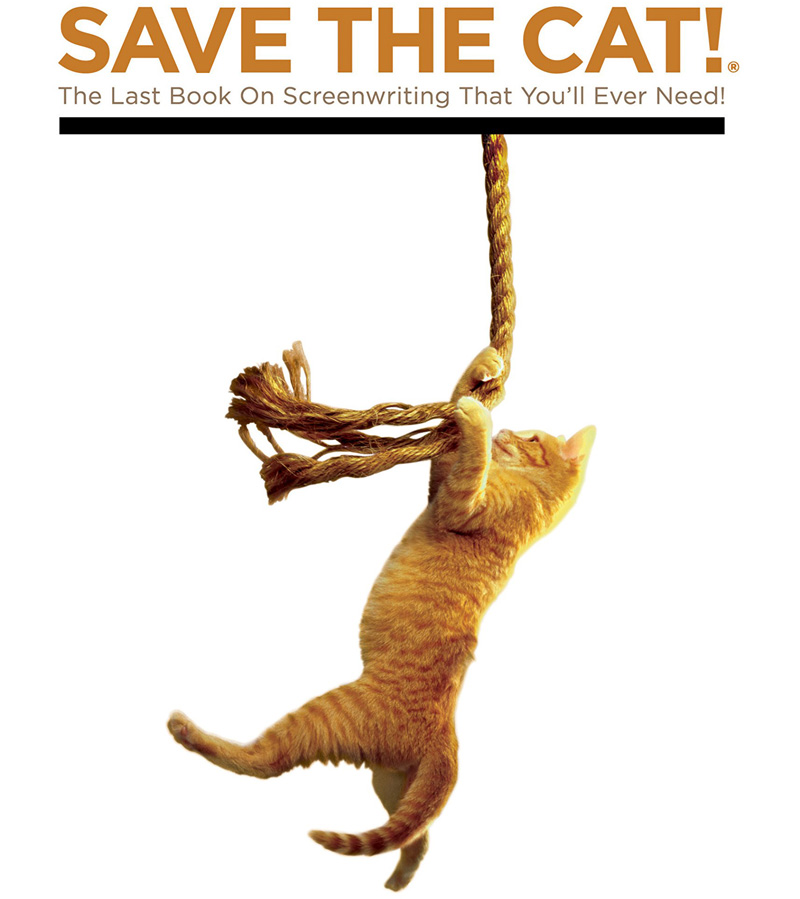Entertainment
Will Movie Theaters Disappear? Summer Blockbusters face Coronavirus Fears and Straight to VOD Competition
Published
4 years agoon

Photo / Adobe Stock
Universal Studios and AMC theater chain at war over a potential straight to video future.
Throughout the history of the movie theater business, it has often survived desperate times, successfully adapting and staying in business during the Great Depression, two World Wars, the rise of television as competition, and, so far, even the recent streaming boom. Amidst the COVID-19 pandemic, however, the entertainment industry has likely met its match, and the exhibition sector is getting hit the hardest.
For the first time since the 1918 pandemic, when theaters in San Francisco alone lost $400,000 per week while closed in what we now call a “lock-down”, theaters across the globe are being forced to barricade their doors. Adhering to social distancing precautions, government officials and theater owners alike are barring the possibility of people gathering in close proximity at the cinema.
Clearly, averting these gatherings is the responsible thing to do during the coronavirus outbreak, but several weeks into the lockdown, many theater workers were struggling to make ends meet. Now, exhibitors are even losing the cooperation of studios.
Currently quarantines are being gradually phased out, with social distancing procedures being used for “non-essential” retail, restaurants and in some cases movie theaters in the first wave of relaxation. Next would be Schools, parks and other public gatherings. Later, in a third phase, concerts and sporting events would be sanctioned, assuming that there is no second wave of cases to cause a reversal back to strict lock-down quarantines again. That is, at this point a big “if” as some states are already should surges in the number of new cases.
Just as restaurants could face financial hardship if they must maintain 50% or even 30% capacity to adhere to social distancing guidelines, a half-empty theater is an anathema in the movie business and could kill off theatrical releases altogether if required for years.
Part of the reason why theater chains have been able to persevere for so long is because major Hollywood studios see the continuing economic value of putting a movie exclusively on the big screen for at least a few weeks. The theatergoing experience allows studios to profit off of ticket sales before making their products available on the far more modestly priced home video markets. At least, this is how the process has conventionally taken place.
If congregating for any reason is too dangerous it could render Hollywood theatrical releases virtually extinct
Now, with so many theaters closed, it makes almost no sense for movies to even attempt theatrical releases during the pandemic. For a few titles (mostly the flashiest blockbuster-style movies like “Wonder Woman 1984,” “Fast 9,” or “Black Widow”) studios have pushed back release dates, knowing that they will eventually turn a profit at the box office despite delays. However, for some more modestly budgeted movies, production companies have contemplated (and in some cases executed) forgoing theatrical runs altogether and releasing the movies straight to video on-demand.
Bypassing theatrical runs has obviously been a possibility for decades, and the perspective has gained significant momentum in the past few years as direct-to-streaming titles have gained legitimacy. If the practice became widespread, however, this would be a nightmare for the theater industry. Because the pandemic is likely to prevent public gatherings for months or even longer, the shift towards this business model is rapidly becoming unavoidable.
Most notably, Universal Studios recently released “Trolls: World Tour” in theaters and on-demand at the same time. To the shock of theater owners everywhere, the film has reportedly made over $50 million on-demand, perhaps exceeding box office expectations and proving that a movie can make huge profits while eschewing the box office and going straight to this direct-to-home-video model.
Universal’s choice to take this unconventional path with “Trolls” led to the studio butting heads with AMC Theaters. AMC President Adam Aron penned a scathing open letter to Universal’s Chairman, claiming, in a threat that sounds like a bluff, that the chain would never play another Universal movie in any of its theaters. That’s a bold claim considering that Universal releases all DreamWorks, “Fast & Furious,” and “Jurassic Park” titles, all of which would bring in major numbers for AMC.
Worst case scenario, however, AMC won’t even need to worry about this, for Universal amongst other studios will see the success of the direct-to-home-video model and replicate it, significantly decreasing, perhaps even nullifying theaters’ essentialness in the release process.
Other movies that were already out when theaters started closing such as Universal’s “The Invisible Man,” Warner Brother’s “Birds Of Prey,” and Pixar’s “Onward” were expedited to on-demand. They are all now on Amazon’s Prime Cinema platform, available for rent at the theater-ticket-like-price of $19.99. The cost is definitely higher than a standard rental, but when watching with the whole family, it is cheaper to view these movies at home than each individual paying for a separate movie theater ticket.
That is, if people could even choose go to the theaters when they wanted to take the risk.
The world is changing fast and it is unlikely if things will ever go back to “normal”
Despite the success of Prime Cinema rentals and “Trolls: World Tour” on-demand, studios cannot ignore the desperation and unique extremes of the times. People are in a vacuum and home entertainment is the only kind of entertainment available to them. If consumers had the option of going to the movies, perhaps the home-video model would not prove as successful.
Essentially, the entertainment industry is undergoing a massive non-consensual experiment, but the variables are erratic and irreplicable. There is no telling how these movies might’ve done at the box office if the box office still existed.
When theaters open up their doors again, studios might realize that people still appreciate going to the cinema and that continuing theatrical releases as usual is the only financially sensible option. Of course the level of fear that people will still feel, even after governments sound the “all clear”, is also an unknown.

all Independent Local Bookstores
AMC and Cinemark both hope to have their doors open by mid-June or July. Meanwhile, the states of Georgia and Texas will be amongst the first states to allow theaters to continue business. Returning to normalcy will not be simple, though. Just because state governments allow theaters to reopen does not mean that they have to. Plus, many theaters will probably want to take precautions with their crowds, allowing a limited number of people in at a time. The movies themselves will also probably be in limited supply, as it wouldn’t make sense for a movie to get a theatrical release if theaters are only open in a couple states.
If theaters were open today, we would currently be entering a huge summer blockbuster season with “Wonder Woman 1984,” “Fast 9,” and “Black Widow” leading the charge alongside Disney’s “Mulan,” Pixar’s “Soul,” and Warner Brothers’ Christopher Nolan directed “Tenant.” Likewise, we’d be seeing a whole lot of indie content pushed up through the festivals such as South by Southwest and Cannes— the former getting cancelled back in March and the latter pending cancellation.
God forbid the need for precautionary measures is still as extreme through the end of the year, but if the entertainment industry in still in the same situation come winter, then the closures, cancellations, and postponements will collide with the Awards Season. Already the Academy of Motion Pictures Arts & Sciences has stated that a theatrical run is no longer a requirement for Oscar nominees, breaking down a barrier that has been a point of contention over the past few years. As of right now, it is unclear if this waived rule will remain in perpetuity after its adoption during this highly abnormal year.
Regardless, those who own and work in movie theaters remain on the edges of their collective seats. While nobody in the entertainment industry is currently in an ideal situation, the theaters are clearly the most vulnerable; and that threatens the survival of the most hallowed of hollywood traditions.
Find books on Pandemics, Sustainable Energy, Screenwriting and many other topics at our sister site: Cherrybooks on Bookshop.org
Enjoy Lynxotic at Apple News on your iPhone, iPad or Mac or subscribe to our newsletter.
Lynxotic may receive a small commission based on any purchases made by following links from this page.


